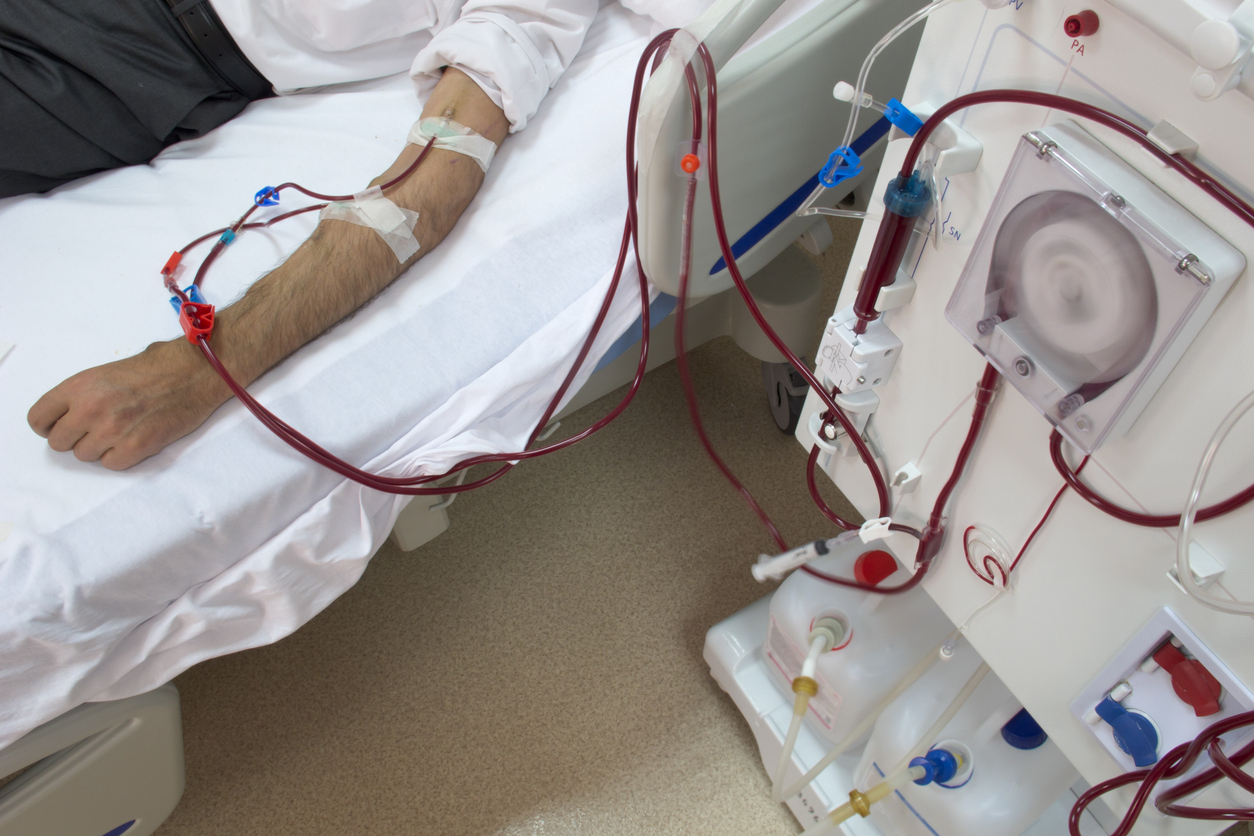Merck chases Bayer/Ionis with fast track for Factor XI drug

The FDA has given a novel anticoagulant from Merck & Co a fast-track designation as a treatment for people with end-stage renal disease (ESRD) who need dialysis, firing a warning short over the bows of a rival programme in development at Ionis and Bayer.
The anticoagulant – codenamed MK-2060 – is a monoclonal antibody designed to inhibit Factor XI and is currently in a phase 2b trial in ESRD patients on dialysis, who often need to be treated with anticoagulants to prevent blood clots.
ESRD patients tend to have underlying conditions like diabetes, high blood pressure, atrial fibrillation, and cardiovascular disease that increase their risk of blood clots, and systemic anticoagulants are routinely used as a preventative measure.
The high rates of haemorrhage make the treatment challenging, however, and Factor XI inhibitors have been proposed as a way to reduce clots without increasing the risk of bleeds.
Merck is playing catch-up in the category with Bayer and Ionis, as their antisense-based Factor XI inhibitor fesomersen has already shown efficacy against clotting, with no increase in bleeding episodes, in the phase 2b RE-THINC trial, and the fast-track status could help narrow the gap.
There are differences between the two drugs in dosing. In its phase 2 study (MK-2060-007), Merck's antibody is given via an intravenous loading dose every other day for a week, followed by a weekly infusion. For comparison, fesomersen is given as a subcutaneous injection once per month, while most current anticoagulants need to be dosed every day.
Merck's study is being conducted in dialysis patients via an arteriovenous graft, a deliberate connection between an artery and vein that creates easy access for dialysis needles as well as drug treatments.
While the administration difference may not be much of an issue for ESRD patients on dialysis, it could become a consideration if the developers start to turn their attention to other anticoagulant indications like chronic kidney disease and cardiovascular disease.
"We are encouraged by this fast track designation because additional anticoagulation medicines are urgently needed for patients with ESRD who are susceptible to high rates of life-threatening thrombotic events as well as high bleeding risk," said Merck's chief medical officer Dr Eliav Barr.
"Today there is no anticoagulation standard of care for such patients," he added. "We believe we have a significant opportunity with MK-2060 for the potential prevention of thrombosis in patients with advanced forms of kidney disease."












